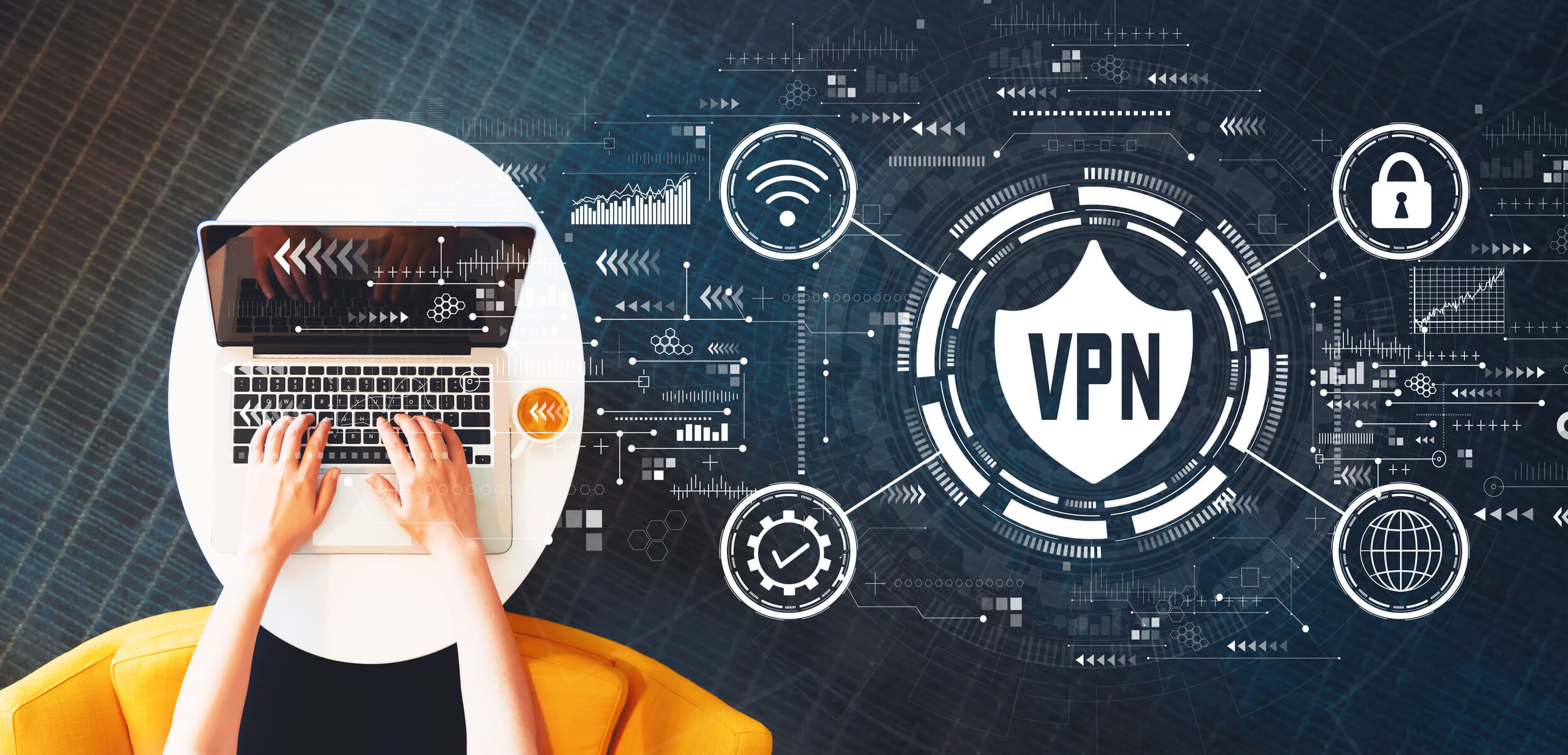In the simplest terms, a Virtual Private Network helps build an encrypted and secure connection. Virtual Private Networks or VPNs permit users to securely enter a private network system and share data through public network systems. The same as a firewall shields the data on a computer, VPNs guards it online. Even though a VPN is theoretically a Wide Area Network (WAN), the front end maintains the same appearance, security, and functionality just as it would be on the private grid system.
For this purpose, VPNs are hugely common with businesses and companies as a means of safeguarding sensitive information when linked to remote data centers. Such networks have become more popular with “torrenters” and among individual users. The reason for this is that VPNs use a mixture of encryption protocols and dedicated connections to create virtual person-to-person networks.

Even if someone did manage to tap off some transmitted data, they would not be able to get their hands on the encryption account. VPNs permit the individuals to trick others regarding their physical location. This is because the VPN provider replaces that individual’s actual IP address. Thus letting them evade content filters.
You may never have heard of VPN services; you should be familiar with its importance in accounting and bookkeeping as a valuable tool. A VPN allows you to protect and secure accounting and bookkeeping transmitted data, web sessions, personal information, and financial transactions online, no matter where they are.
Security experts recommend individuals not to use open Wi-Fi hot spots in public and shared locations. This is due to the risk factor of their connection being hacked. Internet service providers might seize and take over your privacy by retailing the data of your online behaviors to the advertisers. Having a VPN technology will eliminate these vulnerabilities to security.
A VPN will also help you to defend and guard against any such identity theft. A VPN will make it tougher for third parties to follow you, conceals your IP address, bypasses firewalls, and allowing the right of entry to all content without any restrictions.
Security protocols are being created as VPNs. Every one of them is providing different levels of features and security to protect your accounting data. The common ones are:

-
IP security (IPSec):
IPSec is mostly used to protect Internet communications so that it can function in two modes. The first mode is called Transport mode, which only encodes the data packet message by itself. The second mode is called Tunneling mode. Tunneling mode encodes the whole data packet. This procedure is also used in tandem along with other practices to escalate their mutual level of security.
-
Layer 2 Tunneling Protocol (L2TP)/IPsec:
The IPsec and L2TP protocols pool together their greatest individual characteristics to produce an extremely secure VPN user. Because L2TP is not able to encrypt, instead, it creates a tunnel. The IPSec protocol is in charge of the data integrity checks, channel security, and encryption to ensure that all the packets have reached, as well as ensuring that the channels have not been compromised.
 About Complete Controller® – America’s Bookkeeping Experts Complete Controller is the Nation’s Leader in virtual bookkeeping, providing service to businesses and households alike. Utilizing Complete Controller’s technology, clients gain access to a cloud-hosted desktop where their entire team and tax accountant may access the QuickBooks™️ file, critical financial documents, and back-office tools in an efficient and secure environment. Complete Controller’s team of certified US-based accounting professionals provide bookkeeping, record storage, performance reporting, and controller services including training, cash-flow management, budgeting and forecasting, process and controls advisement, and bill-pay. With flat-rate service plans, Complete Controller is the most cost-effective expert accounting solution for business, family-office, trusts, and households of any size or complexity.
About Complete Controller® – America’s Bookkeeping Experts Complete Controller is the Nation’s Leader in virtual bookkeeping, providing service to businesses and households alike. Utilizing Complete Controller’s technology, clients gain access to a cloud-hosted desktop where their entire team and tax accountant may access the QuickBooks™️ file, critical financial documents, and back-office tools in an efficient and secure environment. Complete Controller’s team of certified US-based accounting professionals provide bookkeeping, record storage, performance reporting, and controller services including training, cash-flow management, budgeting and forecasting, process and controls advisement, and bill-pay. With flat-rate service plans, Complete Controller is the most cost-effective expert accounting solution for business, family-office, trusts, and households of any size or complexity.




